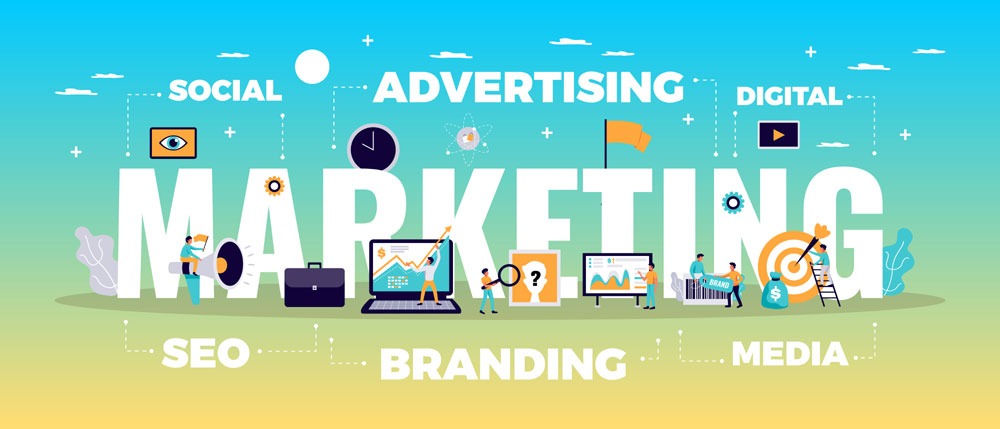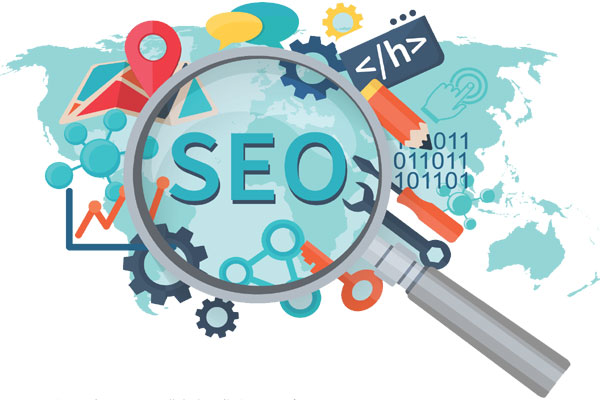The Case for Social Media Marketing
Why Choose Social Media Marketing?
Social media marketing is a powerful tool for building brand awareness and engaging with your audience. It leverages platforms like Facebook, Twitter, Instagram, and LinkedIn to create a direct connection with potential customers.
One of the primary advantages of social media marketing is its ability to foster two-way communication. You can respond to feedback, address customer concerns, and create a loyal community around your brand.
The Visual Impact
Visual content is king on social media. Images, videos, and infographics are highly shareable and engaging. Using visual storytelling can help your brand stand out and connect with a broader audience.
Building Brand Loyalty
Social media is an excellent platform for building brand loyalty. Regular interaction with your audience, sharing valuable content, and providing exceptional customer service can turn casual followers into loyal advocates of your brand.
Analyzing Social Media ROI
Measuring ROI in social media marketing can be more complex than in digital marketing. However, it offers unique advantages:
Engagement Metrics
Social media provides a wealth of engagement metrics, such as likes, comments, shares, and click-through rates. These metrics help you gauge the impact of your social media efforts and understand what content resonates with your audience.
Conversions and Lead Generation
While social media is often more about building relationships and trust, it can also drive conversions and lead generation. By tracking conversion events, such as sign-ups or downloads, you can measure the ROI of your social media campaigns.
Brand Loyalty
Brand loyalty is a valuable, long-term indicator of the success of your social media efforts. Track customer retention, repeat purchases, and user-generated content to understand how loyal your audience is.
Tailoring Your Marketing Approach
Defining Your Marketing Goals
Before deciding between Digital Marketing Vs Social Media Marketing, it’s crucial to define your marketing goals. Your goals will drive your strategy.
Digital Marketing Goals
If your primary goal is to increase website traffic, generate leads, and improve conversion rates, digital marketing may be the right choice.
Businesses looking to boost online visibility and establish authority in their industry can benefit from effective SEO and content marketing.
Social Media Marketing Goals
If your goal is to create a strong brand presence, foster community engagement, and build brand loyalty, social media marketing is your go-to approach.
Social media marketing excels in visual content and two-way communication, making it ideal for those looking to connect directly with their audience.
The Hybrid Approach
In some cases, the most effective strategy might be a combination of Digital Marketing Vs Social Media Marketing. By harnessing the strengths of both approaches, you can create a comprehensive marketing strategy that maximizes your online presence and engages your target audience effectively.







